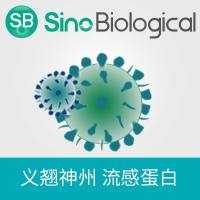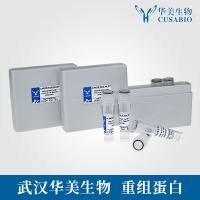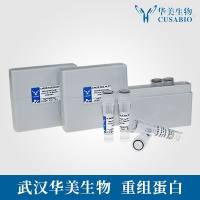Relationship of EGFR Signal-Transduction Modulation by Tyrosine Kinase Inhibitors to Chemosensitivity and Programmed Cell Death in Lung Cancer Cell Li
互联网
互联网
相关产品推荐

Hemagglutinin/HA重组蛋白|Recombinant H1N1 (A/California/04/2009) HA-specific B cell probe (His Tag)
¥2570

Ripk1/Ripk1蛋白/Cell death protein RIP (Receptor-interacting protein 1) (RIP-1) (Rinp) (Rip)蛋白/Recombinant Mouse Receptor-interacting serine/threonine-protein kinase 1 (Ripk1)重组蛋白
¥69

TACSTD2/TACSTD2蛋白Recombinant Human Tumor-associated calcium signal transducer 2 (TACSTD2)重组蛋白Cell surface glycoprotein Trop-2 (Membrane component chromosome 1 surface marker 1) (Pancreatic carcinoma marker protein GA733-1)蛋白
¥1368

Cadherin-17重组蛋白|Recombinant Human Cadherin-17 / LI-cadherin / CDH17 Protein (His Tag)
¥2310

EGFR/HER1/ErbB1 兔单抗 (FITC)
¥700
相关问答
相关方法

